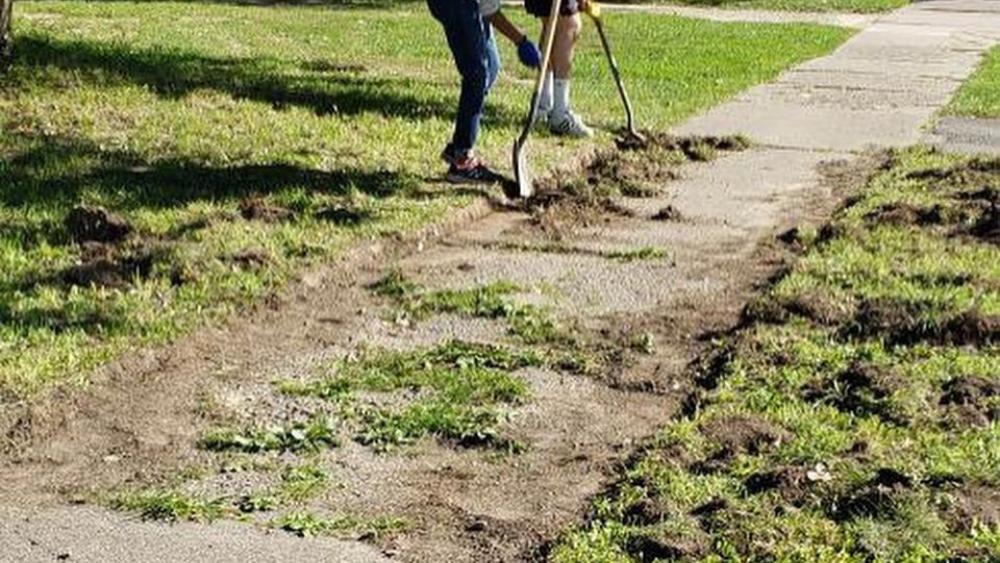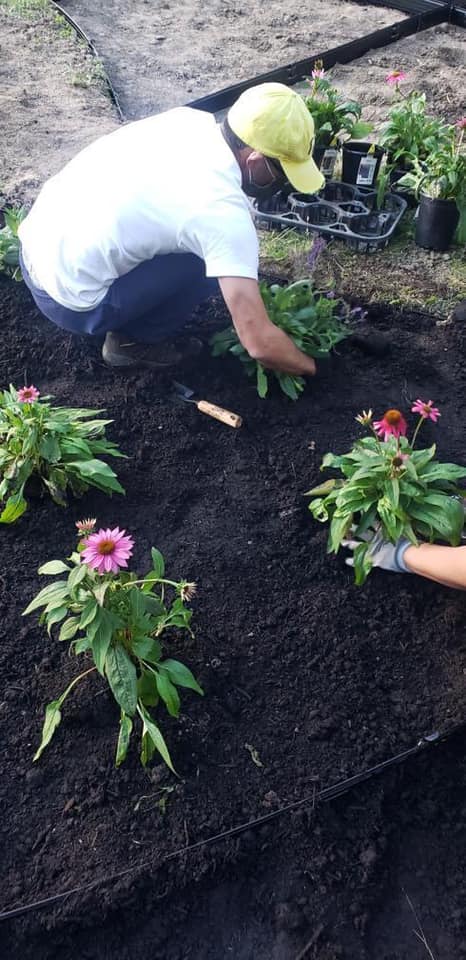"We value educating students to help shape their future," explained Mr. Jackson and the team from DetroitHives. "Many students are looking for diverse educational subjects that cause them to explore and look beyond the traditional classroom. To be able to shape their future allows us to live a life full of passion and purpose."
Half dozen 4th-6th grade students participated in the mini-grant supported service-learning project Bee the Change. These funds were provided in partnership between the Michigan After-School Partnership (MASP), NYLC, and Learning to Give.The Bee the Change service-learning project was completed during the coronavirus pandemic. "Thanks to the lesson Beneficial Bees, we were able to have a clear agenda/plan for learning," said Mr. Jackson. "Actually, this shift in how we did service-learning provided a wonderful opportunity for students to participate from the safety of their homes."
Students set out on an urban exploration within their own backyard and local parks to discover native plant species and the native bees that visited those plants. Some of the participants also addressed issues in their community around the lack of pollinators; some of the funds were used to provide planting kits. The students were then able to plant wildflower seeds at their home to help attract local pollinators.
"We love to be able to go outside and love at the flowers and bees," said student, Skylar G.

